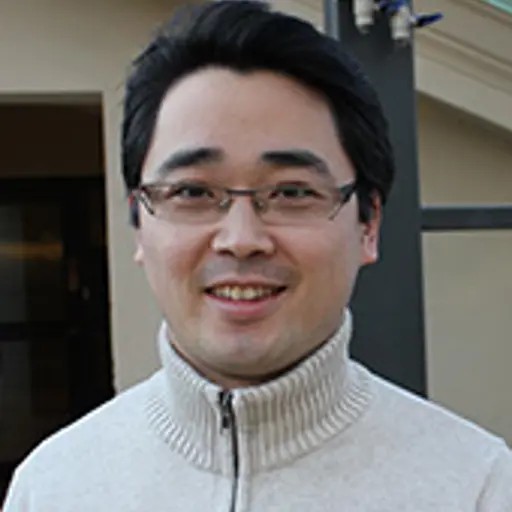Om kursen
Register by mailing to doktfofu.tme@chalmers.se
CANCELLED 2024
The course aims to broaden and deepen the participants knowledge of qualitative research, focusing on the Gioia method. The Gioia method is a qualitative research approach designed to develop rigorous data analysis. Established by Dennis Gioia and others such as Kevin Corley, The Gioia method makes foundational assumptions about the organizational world and the actors within. The method emphasizes that individuals within organizations are knowledgeable agents with clear intentions and can articulate their thought processes. A significant precept is its reliance on well-specified research questions and multiple data sources, including field observations, media documents, and archives.
By focusing on various aspects of the Gioia method, such as coding, data presentation, developing a process model and the review process, the course aims to improve the participants knowledge of qualitative methods in general and the Gioia method in particular. The goal is that, with the help of such knowledge, the students will improve their chances of developing their qualitative analysis and aim to publish their papers in peer-reviewed journals.
The course centers around coding, process model development, and the review process involving the Gioia method. In addition, the course will delve into the debate around the Gioia method and common objections in review processes and the general scientific discussion. The course has both practical analysis and coding opportunities and space for discussion and knowledge exchange. As prerequisites, we expect the participant to have qualitative data that can be used for a Gioia analysis and preferably to have the interest and experience of a qualitative study.
In the course, we will go through the core articles that describe the use of the Gioia method and several articles that have applied the method successfully in publications. In the sub-areas, various phenomena are treated based on theoretical and empirical perspectives, how these phenomena have been studied, and what the results and conclusions of multiple studies mean for qualitative research.
Examination
Learning objectives are examined via written reflections before the courses seminar discussions, active participation on these occasions and a final submission of the method and analysis part of a qualitative paper that employ the Gioia method. Seminars and workshops will take place both digitally via the Zoom platform and in person. Attendance at all stages of the course is expected. Any absence must be notified to the course coordinators as far in advance as possible. All s critical steps must be carried out to complete the course. At physical meetings, physical presence is required.
Examiner: Dr. Tomas Karlsson
Mer information
tomas.karlsson@chalmers.se
Kurslitteratur
Indicated at the start of the course.
Föreläsare
Dr. Tomas Karlsson
